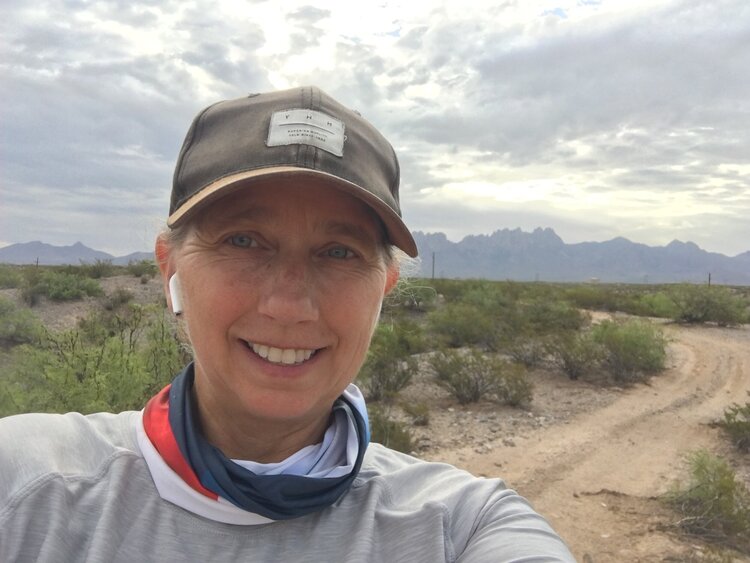Recently I was with a group of students and a couple of chaperones. One of the colleagues is a photographer so he challenged the students to slow down their walking pace, take in the sights, and find something worthy of photographing. He told the students that we, the chaperones, would judge their photographs at lunch.
“What should we photograph?” came the obvious question, especially from younger students. “Anything you like – anything you find interesting and find worthy of sharing”. Armed with ipods, iphones, and cameras, the students combed the city for interesting sites. However, the comment of one student stuck with me.
“You know how to succeed at something like this?”
“How?”
“You look at what everyone else is photographing and then you take pictures of that also”
Suppressing an urge to shout out "No, no, no!", I attempted to instill into this young person the idea that in finding something unique that speaks to one self and perhaps not others is a great journey. That, in the moment you exit your comfort zone and search deep within yourself to discover what speaks to you, you find something beautiful and perhaps amazing.
Isn’t it true of educational pursuits as well? The student willing to stand alone in an idea matures above the rest. The student willing to acknowledge weakness learns the most. The student willing to try something new discovers hidden strengths, talents, or creativity.
Despite my efforts to celebrate any attempt by a student to take a risk, to dare something new, to challenge an idea, to share contradictory thoughts, students continue to be hesitant to wander out into unknown territories. They are afraid to fail notwithstanding my endeavor to foster a safe environment where all answers and suggestions have value and are considered seriously.
Unswayed by peer pressure.
For example, today I thrilled when a MS student refused to back down on his answer in formative assessment despite the fact that the entire class opposed him. His arguments, of course, were completely valid, and, in the end he persuaded the rest of the group to a higher level of understanding. He felt great. Everyone gained. However, in the next round of questioning students still remained hesitant to come up with a unique answer and hoped to have “the ultimate right answer”.
So, how do we get our students to become independent thinkers? How do we shed them of the focus of “being right” or finding the answer they think we want them to produce? Sure, they need to learn the products of photosynthesis but when it comes to analyzing the ethics of stem cell research or determining whether a doctor has the right to use someone’s cells for research or entrepreneurship without patient consent, I want my students to form their own opinions. I want them to decide for themselves whether genetic engineering is something they want to support or not. I want them to know for themselves whether they advocate for genetic report cards that employers have access to when hiring employees or not.
My best attempt at this is to enable access to both sides of any given debate and foster student discussion on the subject, always prefacing that there is no “right” or “wrong” answer and that they need to come to their own understanding and level of comfort with the ideas. When probed as to my stand, I withhold comment until all votes are in. Discussions have been fascinating but they remain isolated pockets of independent thinking rather than a constant state.
How do we surpass the isolated incidents of autonomous thought? I’m open to any ideas!
